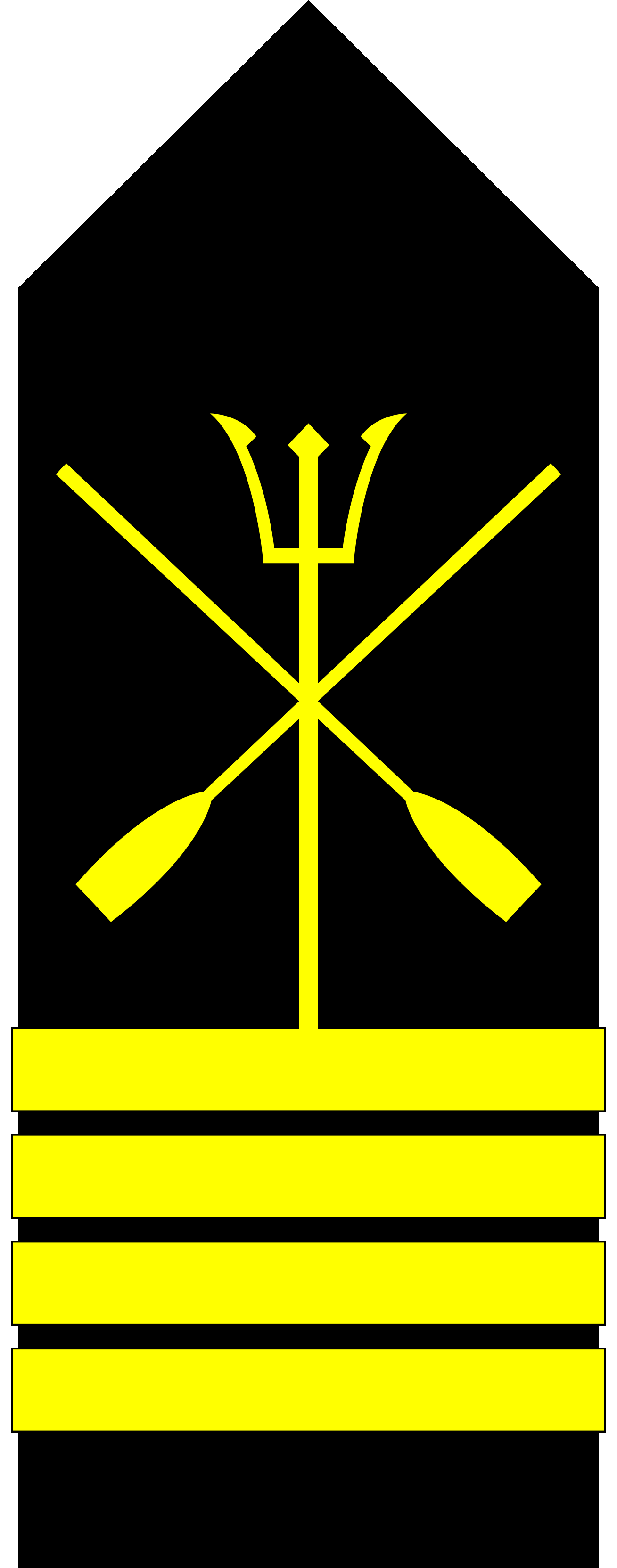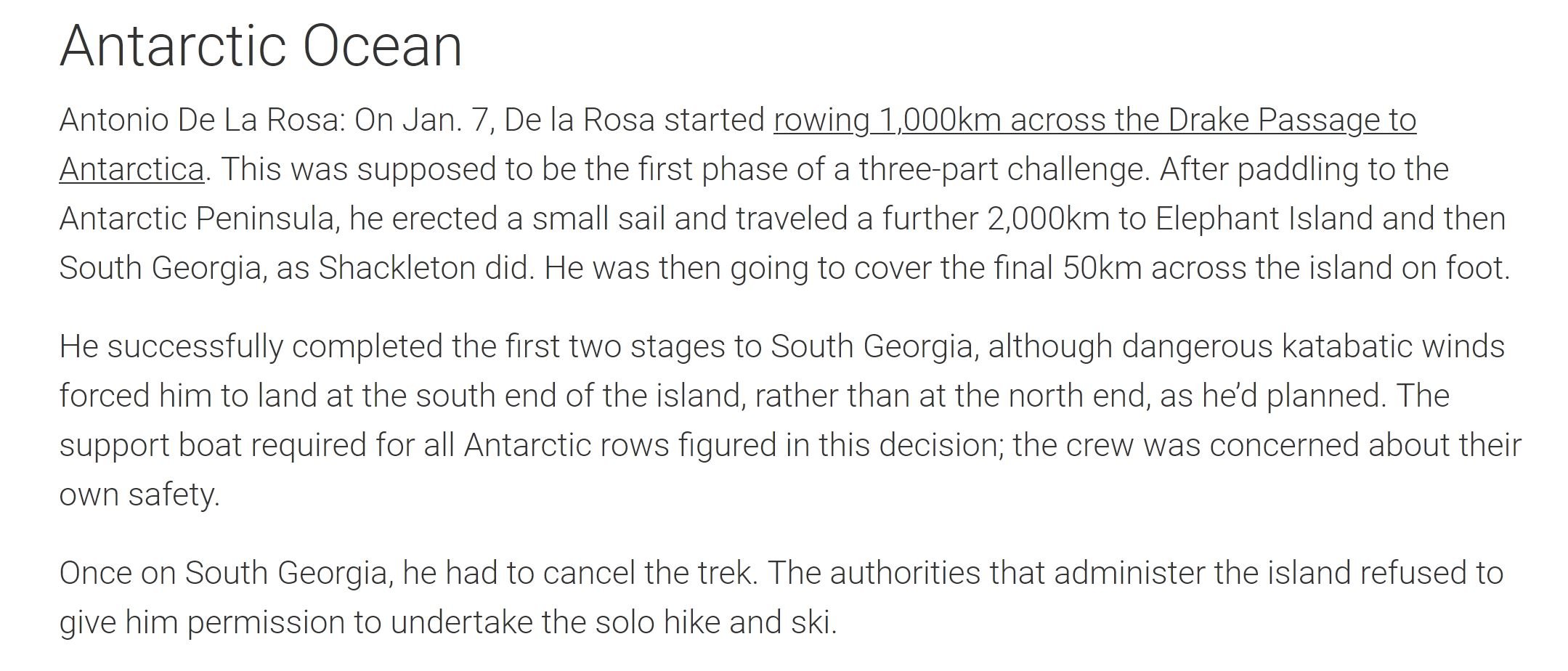We finished our expedition in Laurie Island. We did not retrace the entire James Caird Voyage but we completed a row on the Southern Ocean. The main reason for changing our destination from South Georgia Island to Laurie Island was evacuation of my first mate, Dr Mike Matson. He was the last person that I expected to lose during this expedition, therefore I would have never come up with plan B or plan C that would secure such eventuality. He was the most dedicated and the most engaged team member and the best rower. He made it possible for us to get the TEC flag #97. The decision to evacuate him has been tormenting me. He got seasick which wasn't expected. I always ask about sea sickness susceptibility when I recruit rowers. He didn't get sea sick on a sailboat across the Drake Passage right before the expedition, which was a very shaky crossing and even my stomach wasn't the happiest during this one. But it can happen to anyone. I was thinking if we could keep him on board and row to South Orkney Islands without evacuating him. But I decided to make a call and move him to our supervising vessel. It was the right call. As we were moving, the temperature remained around 1 degree, and he would have never heated up staying with us, which was critical to his health. What does sea sickness have to do with heating up? On low latitudes where 99% of ocean rows happen, not much. This expedition however was objectively my most difficult row weather-wise and logistics wise. It required a lot of extra effort to start from Antarctica, and both starting and ending in cold weather. This year hasn't been the warmest, either. It was 6 degrees in Ushuaia prior to our departure due to El Nino. Typically, at least one end of my journey would be in a relatively warmer place. Getting sea sick here causes a domino effect. The outcome varies depending on the grade of one’s sickness, but once it gets intense, you won't be able to digest food or absorb calories. Here we don't have any other way to heat ourselves up than rowing and it requires calories. So, we typically stay in 2 layers or 3 layers of clothing, only base layer or base + mid under the rowing suit, which makes us warm enough yet not overheating when we row. In the cabin the temperature may be a few degrees, but not enough to warm up when you are cold and you not moving - especially when getting hypothermia. Additionally everything is wet in the cabins. Mike seemed to be very cold proof. In the Antarctica when we were working on our boat, I was walking in 3 layers while he was only wearing a t-shirt, which I found impressive. So it would never occur to me that I would have to teach him anything about staying warm. - Back to the problem, another thing is that a seasick rower who can’t digest food could try to continue performing simply to stay warm, but they won't be able to absorb electrolytes which will immediately increase injuries. Lastly, they won't be able to absorb anti-inflammatories to prevent injuries or maintain them at a safe level.
I typically recruit a 6 person crew, as I know there needs to be at least two good rowers on each shift to be able to keep a difficult heading when on very strong winds. Again, I repeat that Polar Rowing has nothing to do with Trade Winds routes such as the most frequently rowed Atlantic Ocean. In Polar areas, winds come from all sorts of directions and you need to spend a lot of effort to keep your course as wind naturally makes the boat broach immediately once human power is not generating enough propulsion. So, 2 good rowers at a time a boat our size are enough to keep a difficult heading on very strong winds.
Another part of this story is that from the beginning, Jamie was weaker due to undergoing heart surgery prior to the row. He also didn't follow the preparations schedule following his surgery recovery because he got a lung infection which I only learned about in Ushuaia. Therefor, the boat was broaching often when he was on his shift. I knew we were only 4 capable rowers left. My experience is that typically at least 2 rowers get injured. I knew that if one of the 4 rowers gets injured, we are in trouble, as there won't be a possibility of keeping 2 good rowers on each shift.
My intuition wasn't wrong. Lisa got injured a day prior to our arrival. This means that if we were on our way to South Georgia, we would have had to abandon our expedition. Lisa's share of human power was significant. I recruited her for her skills, not just to be politically correct.
This change of route however did still secure most of our expected titles for us, even though we didn't reenact Shackleton or maybe we did, because Stefan joked that a proper reenactment of Shackleton is to never reach your planned destination, making a bigger adventure of it instead. So we did.)
I also knew that this rerouting may speed up Mike's access to proper medical care as a doctor and a basic medical facility awaited him at Orcadas, Argentinian Polar Station at South Orkney Islands.
In the end, I had thoughts that Mike became our eponymous Chippy McNish, except for the disputes, we never had any collision. I respected his expertise and skills. Yet, despite being the most dedicated team member, he won't receive the share of the titles he fully deserves. It made me cry a few times while still on Mrs Chippy. Many times I have asked myself whether or not I did anything wrong, whether I could have prevented this in any way. It feels like an odd way to leave the stage for me. Once I was an explorer.....
Being an explorer however is not just about going on expeditions. It is an approach to life...
Thank you to Mike and all the team for making it possible. It was an intense adventure.






















